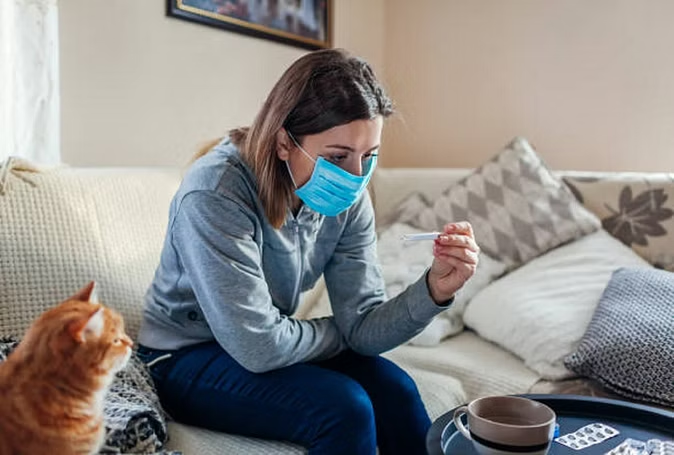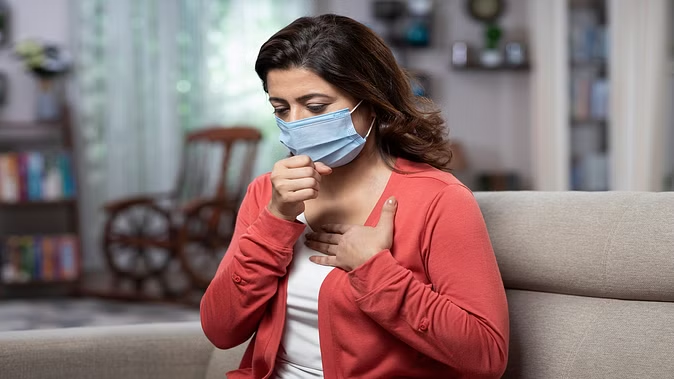In the month of February-March, the weather starts changing rapidly in the country and the changing weather can be the cause of many types of diseases and infections. Especially due to changing weather, cases of seasonal flu (influenza) have been seen the most. Health experts say people who have weak immunity have a higher risk of developing infectious diseases. Children and the elderly are more vulnerable to seasonal flu. With the change in weather, all people are advised to take special precautions to prevent this infectious disease.

The Ministry of Health and Family Welfare has also cautioned people about seasonal flu and its risks. Let us know how this infection can be prevented and what should people do for safety and what not.
Risk of seasonal flu (influenza)
Health experts said, seasonal flu, also known as influenza, is a viral infection that causes respiratory problems. Due to this, problems like fever, body aches headaches and fatigue can occur. Influenza viruses can spread easily when an infected person coughs or sneezes. Flu vaccination is considered the best way to prevent this disease.
Doctors say that by making some changes in lifestyle and diet, you can protect yourself from the risk of infectious diseases.
What to do to prevent seasonal flu?
In a post, the Health Ministry has shared clear information about what to do and what not to do to prevent seasonal flu. Let us know what measures should be taken to stay healthy and fit in this changing season.
Wear a mask and avoid crowded places.
Cover mouth and nose when sneezing and coughing.
Avoid touching your eyes and nose repeatedly.
Drink plenty of liquids and water.
If you are feeling a fever and your body aches for some time, then take paracetamol.

What not to do to prevent infectious diseases?
The Health Ministry has advised to keep some things in mind and not to do them to prevent seasonal flu. If you have symptoms of flu infection, do not shake hands or avoid any other kind of contact with people.
Do not spit in public places.
Do not eat food together while sitting close to others.
Do not take any medicines or antibiotics without a doctor's advice.
What is WHO's advice?
The World Health Organization (WHO) says, a little caution can keep you and other family members safe from this infectious disease. Seasonal flu can spread easily, making it more likely to spread in crowded settings, including schools and nursing homes. When an infected person coughs or sneezes, the droplets released spread into the air and can infect nearby people. To prevent transmission, it is important to cover your mouth and nose with a tissue when coughing and wash your hands regularly.
(PC: iStock)










